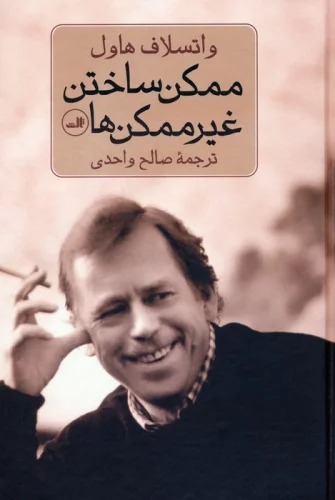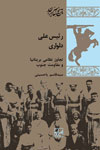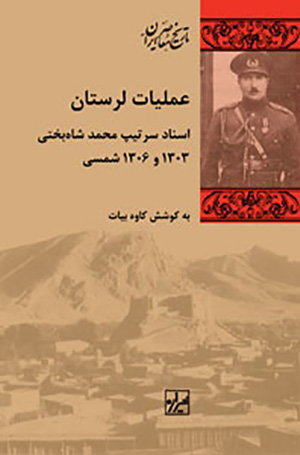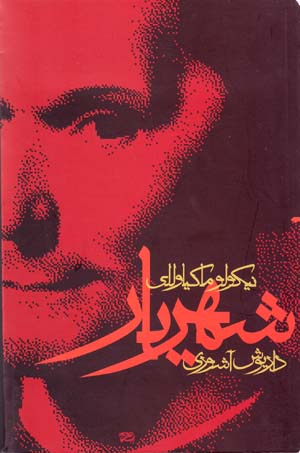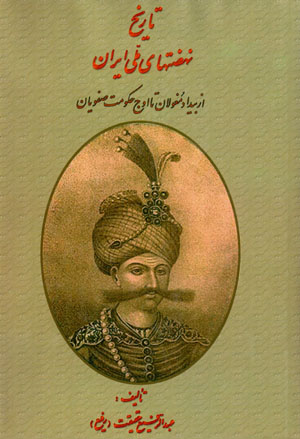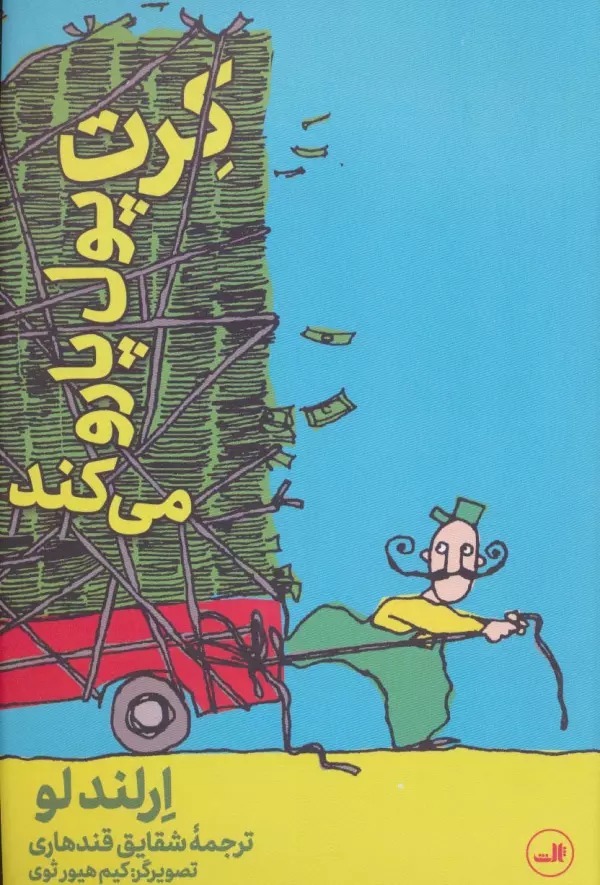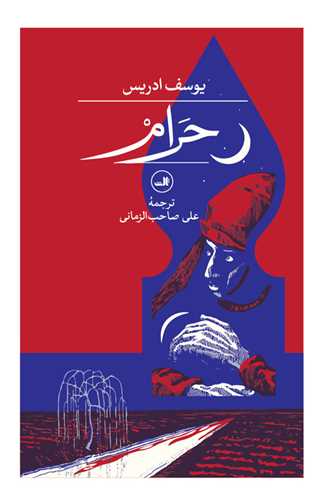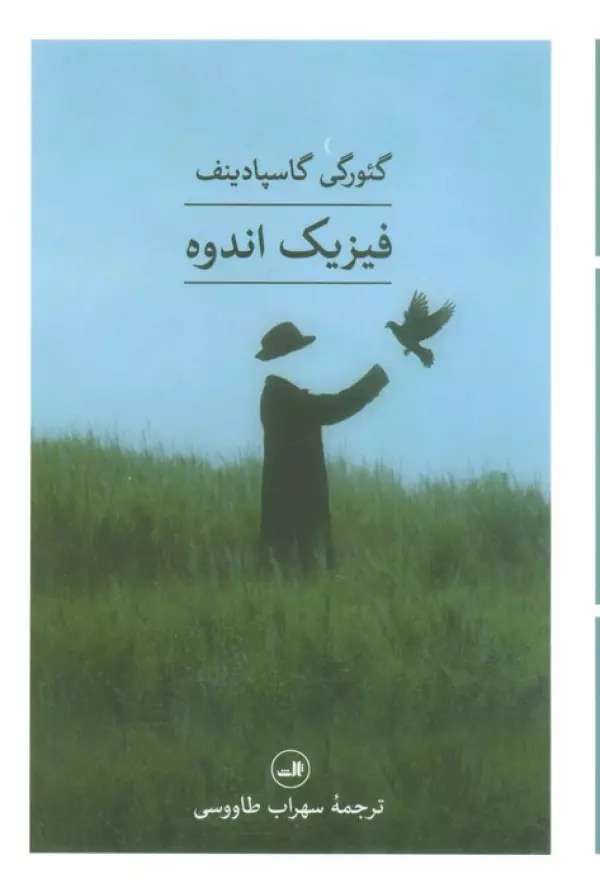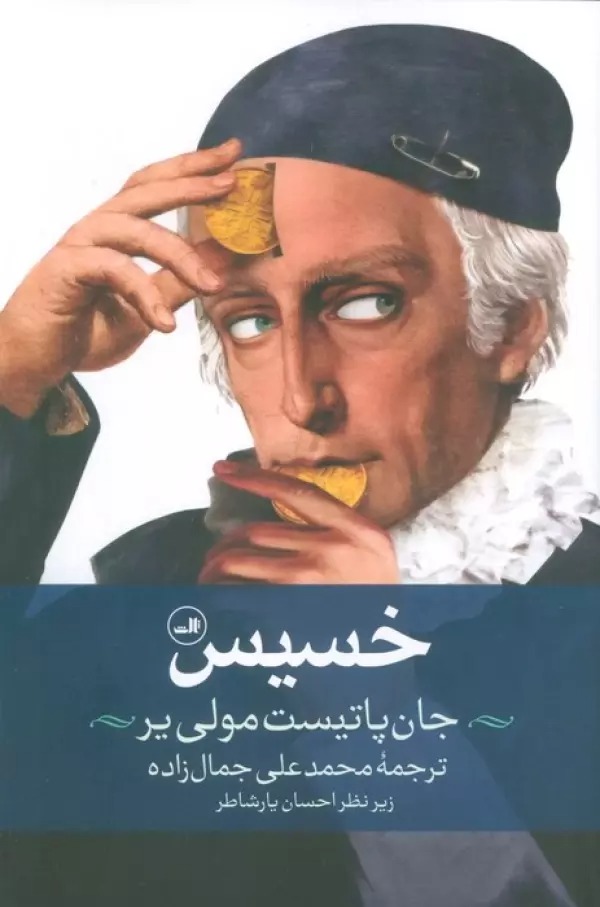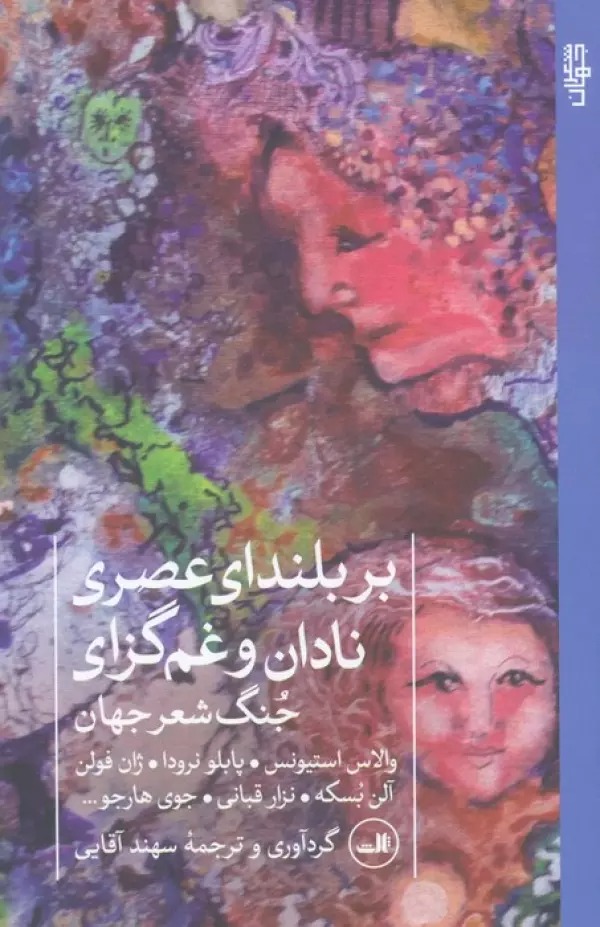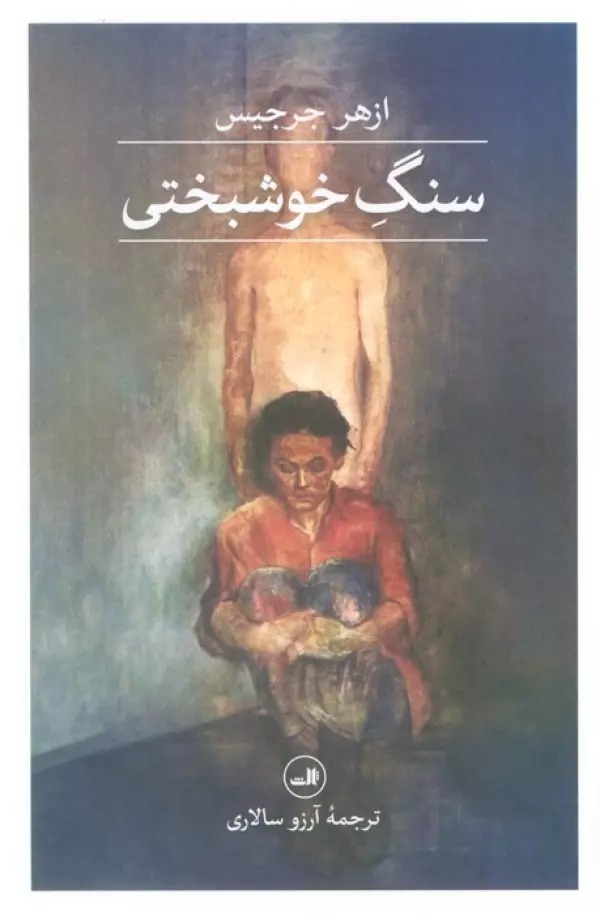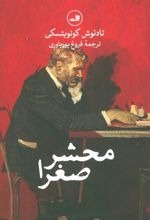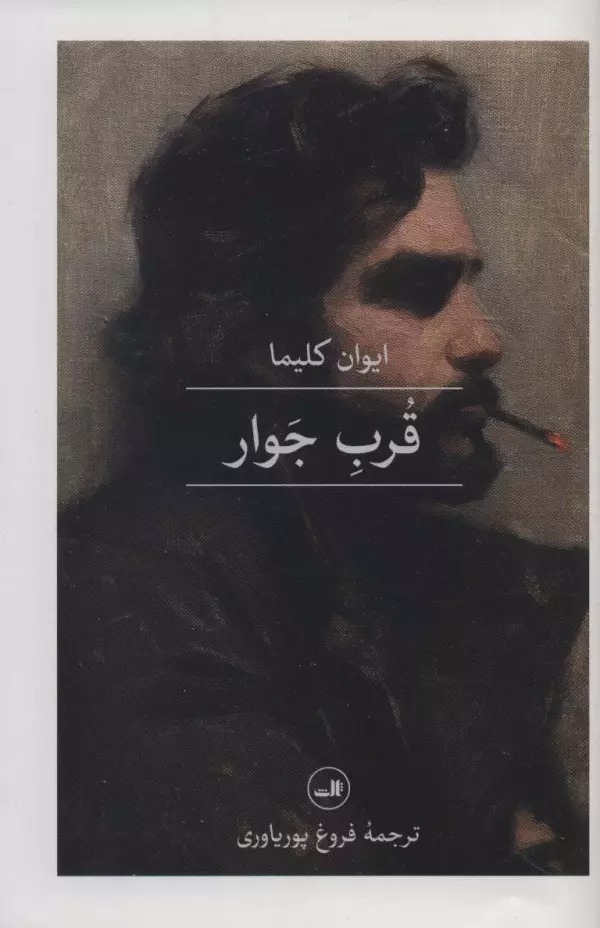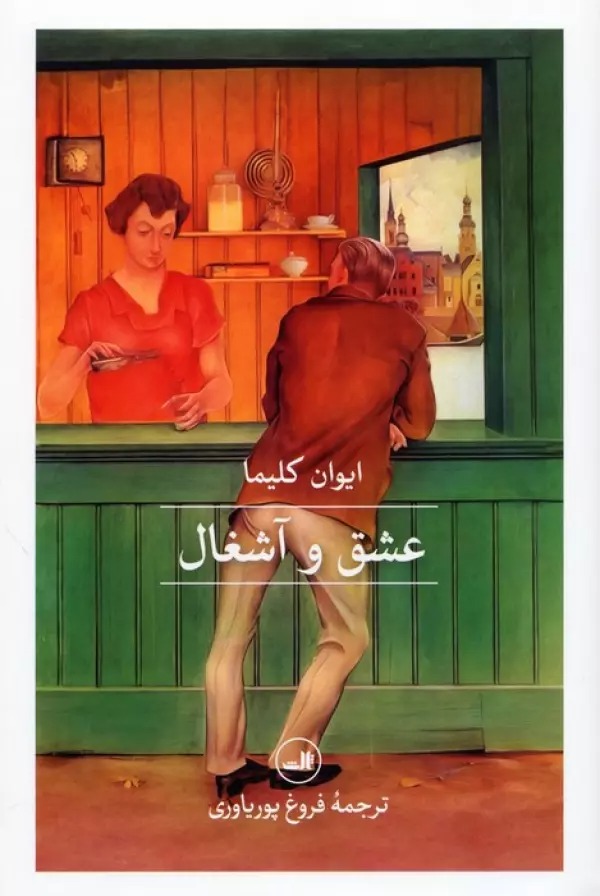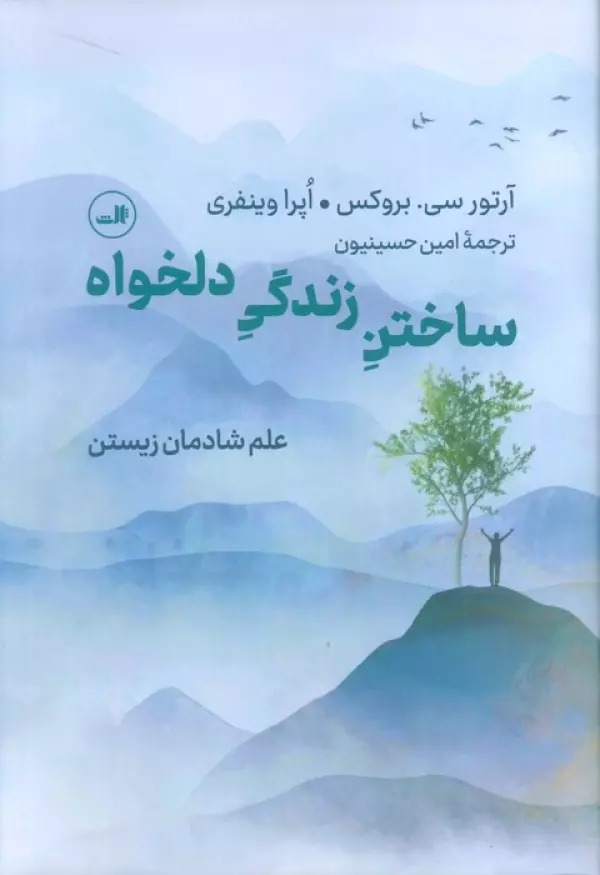Mumkin Sākhtan-i Ghayr-i'mumkin'hā: Persian 2024
ممکن ساختن غیر ممکن ها
17.91 $
Share
Wishlist
ISBN:
9786223840524
Translator:
Ṣāliḥ Vāḥidī
Publisher:
sālis
Age Group:
Adult
Pages:
269
Weight:
387 g
Dimensions:
14 x 21 x 3.3 cm
Book Cover:
Hard Cover
There is no shortage of politicians who make a habit of shooting from the hip, but it is much rarer to find one who speaks from the heart. Václav Havel knows no other way to speak or to write. Both as a dissident and as a playwright it was his sworn purpose for many years to combat evil with nothing but truth. As president of Czechoslovakia, and now of the Czech Republic, he has clung to that habit, refusing to turn over either his conscience or his voice to political handlers and professional speechwriters. Instead, he assumes the additional burden--for him, it is a distinct pleasure--of composing all of his oratory. Audiences from New York to New Delhi, Oslo to Tokyo, have been the luckier with his decision.
This volume consists of thirty-five of these essays, written between the years 1990 and 1996, that manage to be both profoundly personal and profoundly political. Havel writes of totalitarianism, its miseries, and the nonetheless difficult emergence from it.
He describes how his country and the other post-communist countries are learning democracy from scratch and are encountering obstacles from inside and out. He marvels at the single technology-driven civilization that envelops the globe, and the challenges this presents to multicultural realities. He invokes the duty of every person alive to prevent hatred and fear from derailing history ever again. He acknowledges "the advantage it is for doing a good job as president to know that I do not belong in the position and that I can at any moment, and justifiably, be removed from it." And he reminds us that--contrary to all appearances--common sense, moderation, responsibility, good taste, feeling, instinct, and conscience are not alien to politics, but are the very key to its long-term success.
more
سیاستمدارانی که عادت دارند بیپرده سخن بگویند، کم نیستند اما بهندرت میتوان کسی را یافت که از صمیم قلب سخن بگوید. واتسلاف هاول اما راه دیگری جز این برای سخنگفتن یا نوشتن نمیشناسد. او چه بهعنوان فعال مدنی و فعال سیاسی و چه بهعنوان نمایشنامهنویس، سوگند خورده در راه مبارزه با شر به چیزی جز حقیقت نیندیشد. او در مقام رئیسجمهور چکسلواکی و سپس جمهوری چک نیز به این اصل پایبند ماند.
هاول هرگز اجازه نداد سخنرانیهایش به دست دستیاران سیاسی و نویسندگان حرفهای تدوین شود و خود بار آن را ـ که برایش لذتی مضاعف نیز به همراه داشت ـ به دوش گرفت؛ شاید مخاطبانش از نیویورک تا دهلی نو، از اسلو تا توکیو، بهخاطر این تصمیم هاول خوشاقبال بودهاند. کتاب پیش رو شامل سیوسه گفتار از اوست که بین سالهای 1990 تا 1996 نوشته شده و هم عمیقا شخصی و هم عمیقا سیاسی است.
هاول دربارهی مصائب توتالیتاریسم و راه دشوار خروج از آن مینویسد؛ او توصیف میکند که چگونه کشورش و دیگر کشورهای پساکمونیستی درحال یادگیری دموکراسی از آغاز هستند و در این راه با چه موانع داخلی و خارجی مواجه میشوند. هاول از تمدن تکنولوژیمحوری که جهان را فراگرفته و چالشهایی که برای واقعیتهای چندفرهنگی به وجود میآورد، شگفتزده میشود. او به وظیفهی هر انسان زندهای برای جلوگیری از انحراف تاریخ به وسیلهی نفرت و ترس اشاره میکند و به ما یادآوری میکند که - برخلاف همهی ظواهر ـ عقل سلیم، اعتدال، مسئولیتپذیری، ذوق و سلیقه، احساس، غریزه و وجدان از سیاست بیگانه نیست، بلکه کلید موفقیت آن در بلندمدت است.
more

